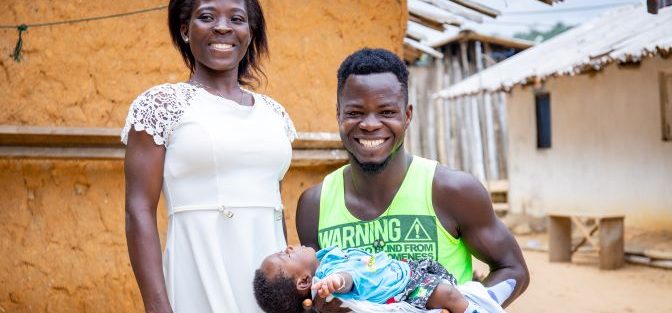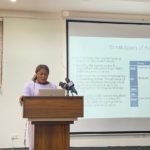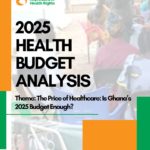Every year on April 7, the world observes World Health Day, spotlighting a health issue of global importance. In 2025, the theme “Healthy Beginnings, Hopeful Futures” draws urgent attention to maternal and newborn health—a cornerstone of public health and societal well-being. This theme deeply aligns with Ghana’s ongoing efforts to strengthen its health system, reduce preventable deaths, and ensure that all mothers and newborns receive the care they deserve.
The Reality of Maternal and Newborn Health in Ghana
Over the years, Ghana has made commendable progress in improving maternal and child health outcomes. However, significant challenges remain. Data from the Ghana Health Service shows that maternal mortality is still unacceptably high, often stemming from preventable complications during pregnancy and childbirth. Contributing factors include limited access to timely care, poor-quality services, and persistent socio-economic barriers.
Similarly, neonatal mortality—the death of infants within the first 28 days of life—continues to be a pressing issue. Common causes such as infections, birth asphyxia, and preterm complications can be prevented mainly with appropriate interventions and timely care.
The 2025 theme serves as a call to action for the government, its agencies, health professionals, civil society, communities, and all stakeholders to collectively prioritize maternal and newborn health across all levels of the healthcare system.
Why Quality Maternal and Newborn Care Matters
Ensuring that mothers and newborns survive and thrive requires a comprehensive, rights-based approach to healthcare. High-quality, respectful, and accessible maternal and newborn services are fundamental to achieving health equity and long-term development goals. Key interventions needed to improve outcomes include:
- Access to Skilled Care: Every woman should be supported by trained healthcare professionals throughout pregnancy, childbirth, and the postnatal period to minimize the risk of complications and death.
- Strengthening Primary Health Care (PHC): Investments in robust, community-based PHC systems are vital, especially for rural and underserved populations, to deliver early, effective interventions.
- Emergency Obstetric and Neonatal Care (EmONC): Strengthened referral networks and well-equipped health facilities are crucial for managing high-risk pregnancies and life-threatening newborn conditions.
- Comprehensive Antenatal and Postnatal Care: Timely ANC helps detect and manage complications early, while quality PNC ensures mothers and babies recover well and are supported in the crucial first weeks after birth.
- Nutrition and Mental Health Support: Good maternal nutrition, both during and after pregnancy, lays a strong foundation for healthy babies. Equally, supporting women’s mental health contributes to better outcomes for the entire family.
ARHR’s Role in Championing Maternal and Newborn Health
The Alliance for Reproductive Health Rights (ARHR) is unwavering in its commitment to advancing gender-responsive, people-centered primary healthcare. We advocate for health systems that prioritize women and children by addressing inequalities and ensuring access to essential services.
Through policy advocacy, capacity-building, and grassroots engagement, ARHR works to strengthen healthcare delivery and promote accountability at all levels.
This World Health Day, we are raising awareness of maternal health challenges and innovative solutions through community dialogues and social media advocacy, to contribute to the transformation of maternal and newborn health in Ghana.
We urge policymakers to allocate adequate resources, adopt evidence-based strategies, and invest in the infrastructure required to ensure every mother and newborn receives the best possible care.
A Collective Call to Action
Building Healthy Beginnings and Hopeful Futures is not the work of one actor – it requires collaboration across sectors and levels. Governments must lead with bold investments and strong policies. Healthcare providers must be empowered with training and resources. Communities must demand quality care and support for women’s health rights.
As we mark World Health Day 2025, let us renew our commitment to ending preventable maternal and newborn deaths. Let us shape a future where every pregnancy is safe, every birth is supported, and every child has the opportunity to thrive from their very first breath.



